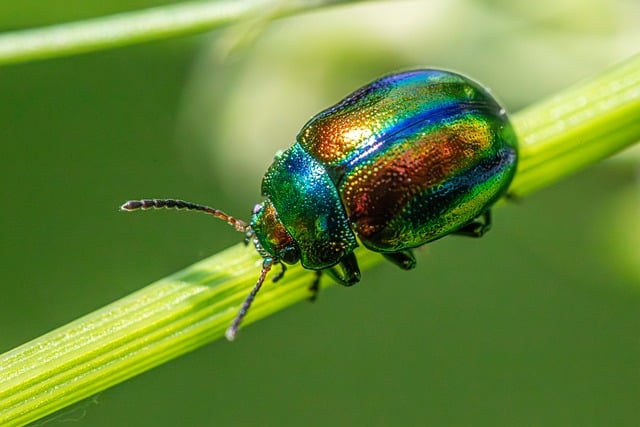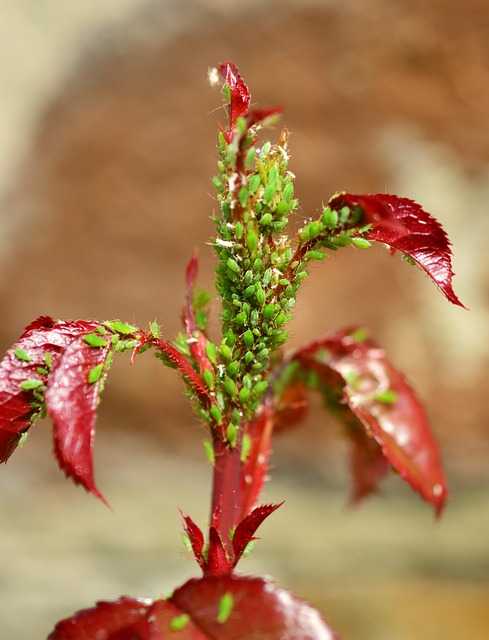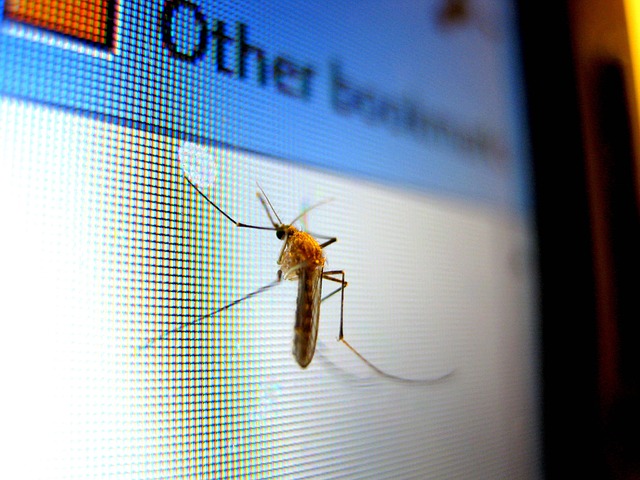In Castle Rock, sustainable pest management for vegetable gardens emphasizes organic solutions like companion planting, beneficial insects, and natural repellents to control pests without synthetic chemicals. Effective strategies include incorporating plants like marigolds, basil, and lavender, physical barriers, and organic deterrents like diatomaceous earth or neem oil. This approach fosters biodiversity, protects crops, enhances ecosystem balance, and contributes to the overall sustainability of outdoor environments.
In Castle Rock, sustainable pest management for vegetable gardens is a growing concern. Understanding common garden pests and implementing effective, eco-friendly perimeter treatments is key to maintaining a thriving garden. This article delves into targeted strategies, offering practical solutions for homeowners seeking to protect their vegetables while promoting a healthier ecosystem. From identifying prevalent pests to long-term, sustainable practices, these methods ensure a bountiful harvest without compromising the environment.
- Understanding Common Garden Pests in Castle Rock
- Eco-Friendly Perimeter Treatments for Vegetables
- Long-Term Strategies for Sustainable Pest Management
Understanding Common Garden Pests in Castle Rock

In Castle Rock, understanding common garden pests is crucial for implementing effective sustainable pest management for vegetable gardens. Pests such as aphids, caterpillars, and snails can wreak havoc on crops if left unchecked. These intruders not only damage plants but also transmit diseases that can reduce yield and quality.
Adopting sustainable pest management practices is key to protecting vegetables in Castle Rock’s unique ecosystem. Organic solutions like companion planting, beneficial insects, and natural repellents offer effective alternatives to chemical pesticides. Homeowners can create a harmonious garden environment by fostering natural predators and avoiding harmful chemicals, ensuring a bountiful harvest while preserving the local biodiversity.
Eco-Friendly Perimeter Treatments for Vegetables

In Castle Rock, sustainable pest management for vegetable gardens is a growing trend among eco-conscious homeowners. Instead of relying on harsh chemicals, organic or eco-friendly perimeter treatments offer a safer and healthier alternative. These methods focus on natural repellents and beneficial insects to deter pests while promoting a balanced ecosystem within the garden.
One effective approach involves planting companion plants known for their pest-repelling properties, such as marigolds and basil. Certain herbs like rosemary and lavender also act as natural deterrents against various pests. Additionally, creating physical barriers with organic materials like diatomaceous earth or neem oil can prevent insects from entering the garden. These eco-friendly treatments not only protect vegetables but also contribute to a more sustainable and harmonious outdoor environment in Castle Rock homes.
Long-Term Strategies for Sustainable Pest Management

In the long term, sustainable pest management for vegetable gardens in Castle Rock involves integrating multiple strategies to create a balanced ecosystem that minimizes the need for chemical interventions. One key approach is crop rotation, where different plants are rotated within the garden each season. This disrupts the life cycles of pests and prevents them from building up resistance to specific treatments. Additionally, companion planting—growing certain plants together that naturally deter pests or enhance growth—can significantly reduce pest damage.
Encouraging beneficial insects, such as ladybugs and lacewings, is another crucial component of sustainable pest management. These natural predators feed on garden pests, helping to keep their populations under control. Creating habitats that support these insects, like planting native wildflowers or hedgerows, can foster a thriving ecosystem where pests are kept at bay. Organic, non-toxic deterrents, such as neem oil or diatomaceous earth, also offer effective and safe alternatives to synthetic pesticides for sustainable pest management in vegetable gardens.
In conclusion, implementing sustainable pest management strategies for vegetable gardens in Castle Rock is a proactive approach to maintaining a healthy ecosystem. By understanding common garden pests and utilizing eco-friendly perimeter treatments, homeowners can effectively protect their crops while minimising environmental impact. Long-term, these practices contribute to a balanced and thriving garden, ensuring folks can enjoy vibrant, chemical-free produce for years to come.
